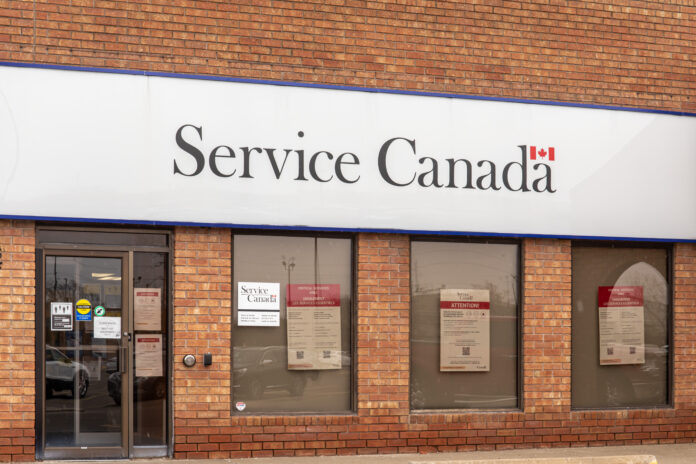
The lingering affects of the Public Service Alliance of Canada’s strike will continue despite it now being over, with the federal government and union reaching a tentative agreement.
“The government of Canada and the Public Service Alliance of Canada have reached a tentative agreement, ending the strike affecting many public service members,” notes Immigration, Refugees and Citizenship Canada on its website.
“There may still be some service impacts over the next few days and weeks as services return to full capacity.”
The strike started Wednesday, Apr. 19 and wrapped up in the early hours of Monday, May 1.
The tentative deal ended two years of bargaining and one of the biggest strikes in Canadian history with more than 120,000 workers walking off the job.
Read More Canada Immigration News
New Brunswick Ends Canada Immigration Invitations For Restaurant Workers For Rest Of Year
Canada PGP Newcomers Up Nearly 60% In Strong Start To 2023
How To Immigrate To Canada As An Internationally-Trained Database Analyst
“During a period of record-high inflation and soaring corporate profits, workers were told to accept less but our members came together and fought for better,” said Chris Aylward, the PSAC’s national president.
“This agreement delivers important gains for our members that will set the bar for all workers in Canada.”
Under the deal, the government agrees to wage increases totaling 12.6 per cent compounded over the four years from 2021 through to 2024, retroactive to June 2021, and a pensionable $2,500 one-time lump sum payment that represents an additional 3.7 per cent of the salary for the average worker in the union.
The pay hikes amount to 1.5 per cent more for 2021, 4.75 per cent in 2022, 3.5 per cent in 2023, and 2.25 per cent in 2024.
Strike Slowed Down IRCC Operations For Processing Of Applications
Ahead of the strike, the IRCC warned the labour dispute could affect its ability to:
- process applications;
- get in-person appointments or attend events including citizenship ceremonies;
- contact IRCC staff via email, phone or social media;
- get consular citizenship and passport services, and;
- obtain passport services in Canada.
Throughout the labour dispute, though, the federal immigration department did continue to allow people to:
- apply online;
- mail applications to IRCC;
- use online accounts, and;
- access some emergency services.
Watch
Services provided by non-governmental organizations that were still available included:
- settlement services from IRCC partner organizations;
- healthcare through the Interim Federal Health Program, and;
- visa application centres outside of Canada.
The government workers’ union had been in negotiations with the Treasury Board and Canada Revenue
Picket lines went up at more than 250 locations across the country on the first day of the strike and then things escalated with union members in some parts of the country blockading key transportation infrastructure.

